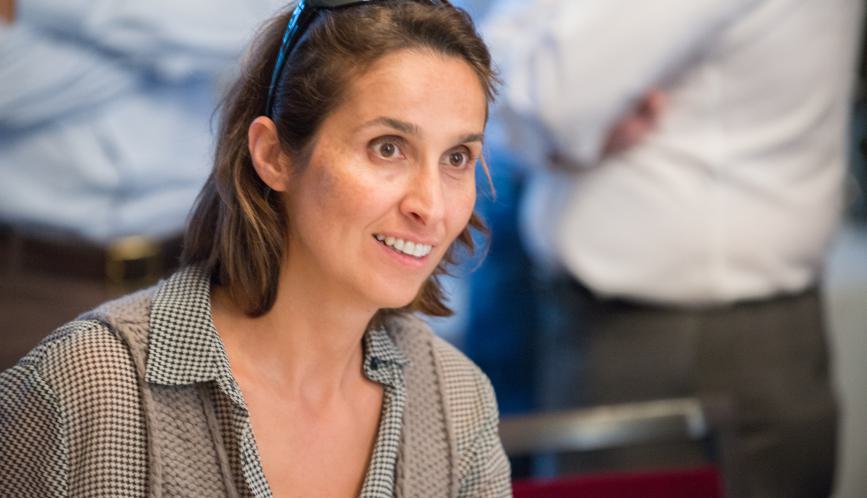Sule Alan is a member if the Identity and Personality Network and professor of economics at the University of Essex. Her research has focused on topics around household finance and household behavior. Since 2013, she has also studied ways to enhance key non-cognitive skills in the classroom environment, identify complementarities across these skills, and explore cost-effective channels for reducing gender and socioeconomic achievement gaps.
Please describe your area of study and how it relates to current policy discussions surrounding inequality?
Children of poor families tend to fall behind very early on in terms of their physical, psychological and social development in most countries. Their poor initial conditions tend to persist into adulthood and are reflected in their academic and labor market outcomes. This so-called socioeconomic achievement gap is one of the major obstacles to the policies that aim to promote social mobility and reduce inequality. My research involves exploring unconventional educational tools to reduce achievement gaps. In particular, I work on designing and evaluating school-based educational interventions that aim to enhance key socio-emotional skills such as self-control, grit, curiosity, and creativity.
What are areas in the study of inequality most in need of new research?
Despite recent academic progress, many unknowns regarding the nature of socio-emotional skills remain: To what extent they are malleable, how they map into the outcome of interest, educational attainment, life satisfaction, how they reinforce/weaken each other, how external forces foster or hinder their development, and how they interact with extrinsic incentives. By addressing these questions with rigorous research methods we can hope to design better educational policies to mitigate achievement gaps and reduce inequality in a sustainable way.
What advice do you have for emerging scholars in your field?
My general advice is take risks, follow your curiosity, and work very hard on any question that intrigues you. In the context of my field, this advice may mean boldly crossing the disciplinary borders. This may be a bit scary but it is also exciting and it can be very rewarding.



